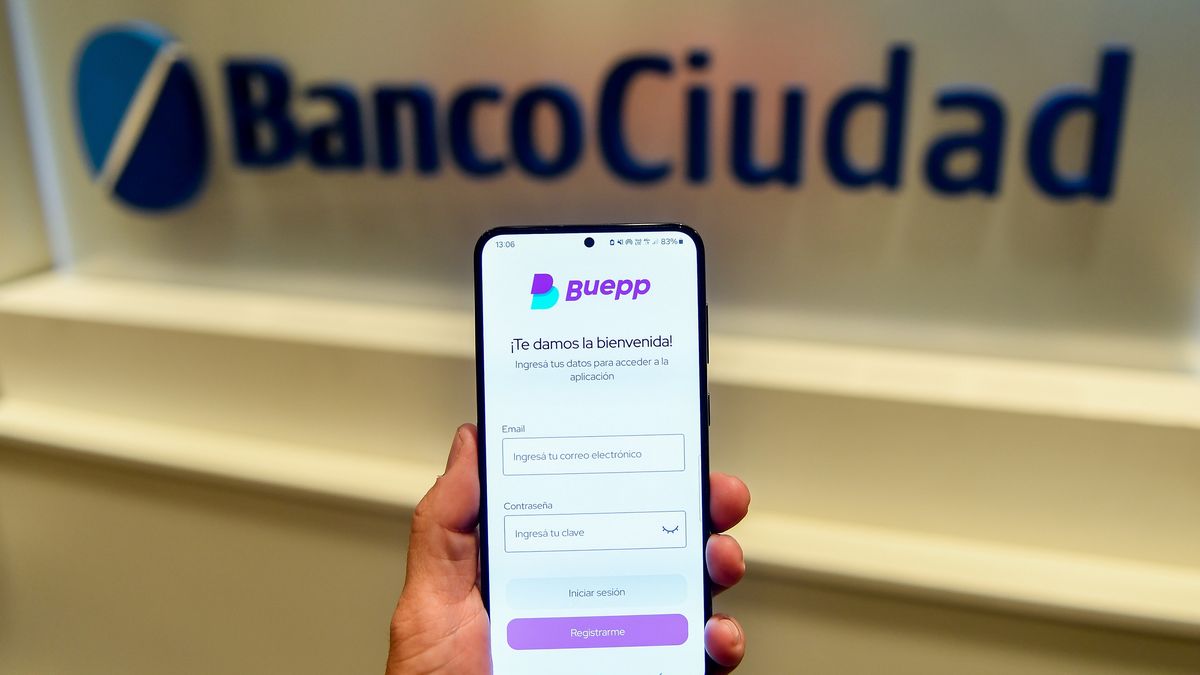I have been working in the news industry for over 6 years, first as a reporter and now as an editor. I have covered politics extensively, and my work has appeared in major newspapers and online news outlets around the world. In addition to my writing, I also contribute regularly to 24 Hours World.
Menu
At Trump’s wish: US Congress decides to delete state money for media
Categories
Most Read
Trump can still get the Nobel Prize – it’s up to him
October 10, 2025
No Comments
Award: Venezuelan María Corina Machado receives Nobel Peace Prize
October 10, 2025
No Comments
Defense: Report: Large order for Skyranger drone defense system
October 10, 2025
No Comments
Deterrence against Russia: Germany sends tornadoes to NATO nuclear weapons exercises
October 10, 2025
No Comments
Political crisis in Japan worsens: junior partner leaves government
October 10, 2025
No Comments
Latest Posts

Leandro Paredes revealed why he did not go to Russo’s wake and left him a special message
October 10, 2025
No Comments
October 10, 2025 – 2:41 p.m. Leandro Paredes, captain of Boca, explained why he did not return to Argentina after the death of Miguel Ángel

The great discount in cinemas to enjoy a good movie this long weekend in October 2025
October 10, 2025
No Comments
October 10, 2025 – 2:30 p.m. The virtual wallet has an exclusive benefit for its movie-loving clients that is impossible not to take advantage of.

Layering look: How wearable is the dress-over-trousers comeback?
October 10, 2025
No Comments
Lisa HarrisI am an author and journalist who has worked in the entertainment industry for over a decade. I currently work as a news editor
24 Hours Worlds is a comprehensive source of instant world current affairs, offering up-to-the-minute coverage of breaking news and events from around the globe. With a team of experienced journalists and experts on hand 24/7.

